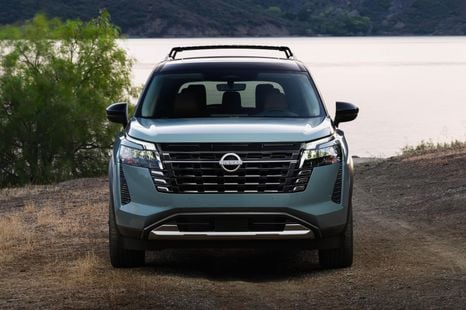

Damion Smy
Nissan previews four new off-road SUVs and a ute, including Ranger and Prado rivals – report
44 Minutes Ago

Contributor
A New South Wales proposal to tax electric vehicles for every kilometre driven has found opposition at the very top of Tesla.
Tesla chair and ex-Telstra executive Robyn Denholm described a proposed road tax on electric vehicles – designed to make up for the revenue earned from the fuel excise when petrol or diesel car owners fill up – as “crazy”.
“For me, it’s not just about the disincentive for electric vehicles, but [a road tax is] actually denying consumers the opportunity of participating in new technology,” Ms Denholm said, speaking to an Electric Vehicle Council webinar.
“It would be like when the iPhone came in, that we put an extra surcharge on top of the iPhone versus a different phone, and expected people to wear that additional charge. It’s crazy.”
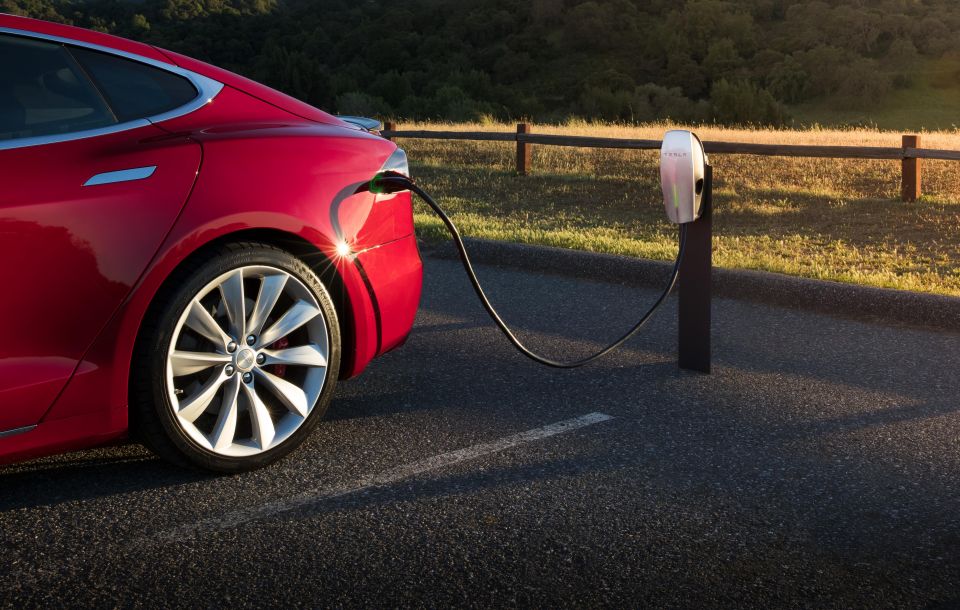
The Tesla chair called on Australia to embrace new technologies before looking to tax them.
The road tax Ms Denholm is talking about is a NSW Government proposal arguing the state should “design a nationally compatible and fair road user charging scheme for electric vehicles” which could be used to replace registration fees.
There are calls for the tax to be rolled out nationally because people can move freely across state borders in non-COVID times, which could make it to accurately tax drivers who frequently drive into places without a road tax.
Rather than being taxed with the fuel excise and annual registration fees, electric vehicle drivers would pay for their road use based on how far they drive. Owners would be tracked using the odometer in their cars.
Just over 42 cents in the price of every litre of petrol and diesel is fuel excise, a tax designed used partly to fund road maintenance and development.
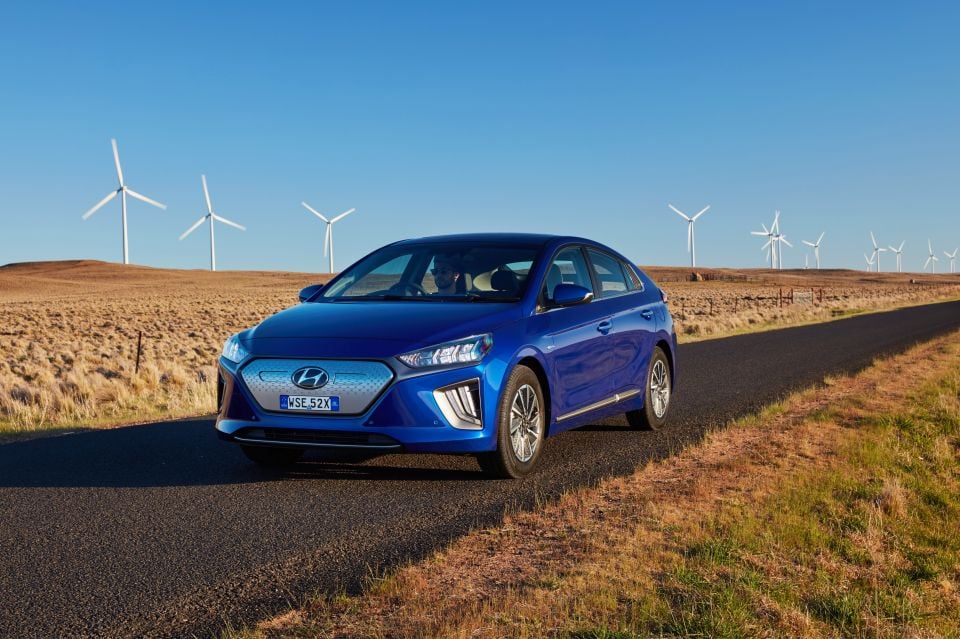
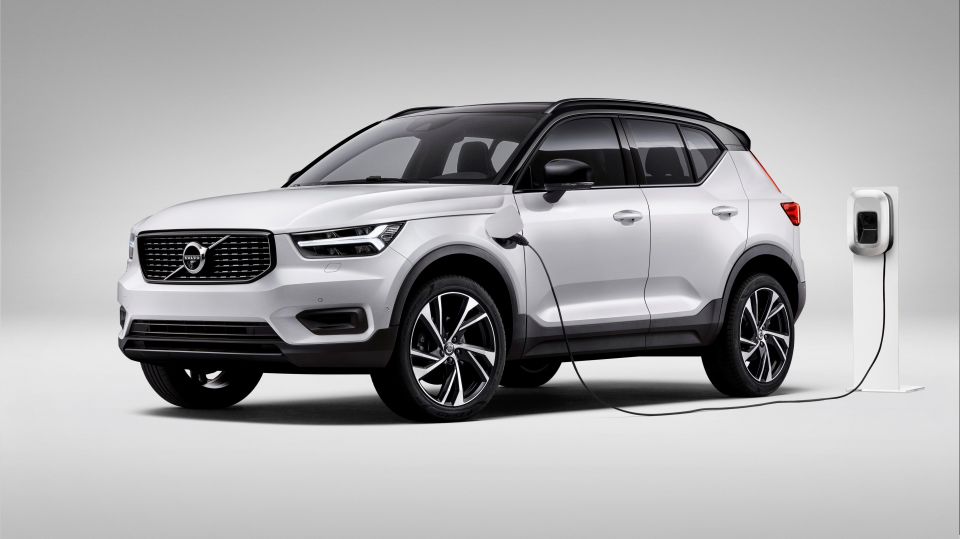
Every time internal-combustion cars are fuelled, their owners are paying to maintain the roads.
Electric vehicles are charged instead of fuelled so buyers don’t pay fuel excise, which has led some to argue EV owners are getting a ‘free ride’ on the roads.
The idea of a road tax has been floated at a state and Federal level, but no serious moves have yet been made to introduce one in Australia.
Electric vehicles currently account for a tiny segment of the Australian car parc.
With a broader range of options available to buyers, sales grew almost 150 per cent to 5875 in Australia last year. But just 14,500 of the almost 18 million cars on our roads were electric as of the end of 2019.
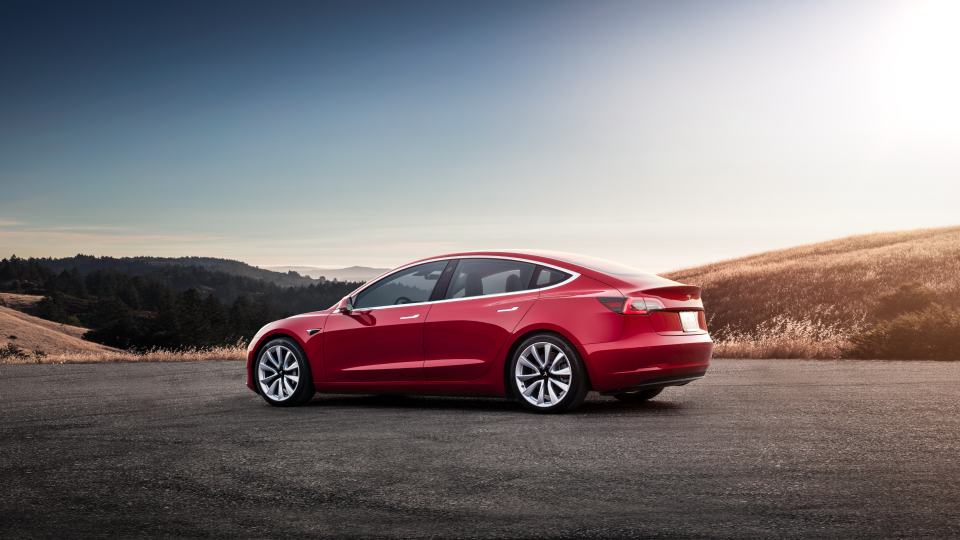
Tesla is the dominant electric vehicle manufacturer in Australia, with data quoted by the National Transport Commission (NTC) revealing it registered 2950 cars to December 18, 2019.
Given the company tends to push hard with deliveries late in each quarter of the year, it’s likely the final sales figure was comfortably above 3000 when cars sold after December 18 are included.
Go deeper on the cars in our Showroom, compare your options, or see what a great deal looks like with help from our New Car Specialists.
Scott Collie is an automotive journalist based in Melbourne, Australia. Scott studied journalism at RMIT University and, after a lifelong obsession with everything automotive, started covering the car industry shortly afterwards. He has a passion for travel, and is an avid Melbourne Demons supporter.


Damion Smy
44 Minutes Ago
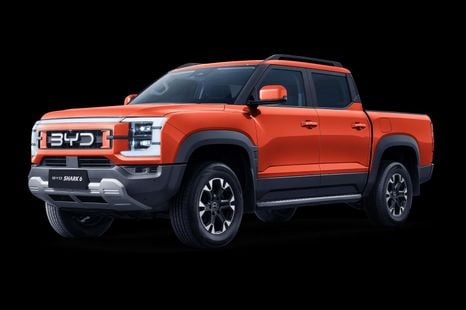

William Stopford
2 Hours Ago
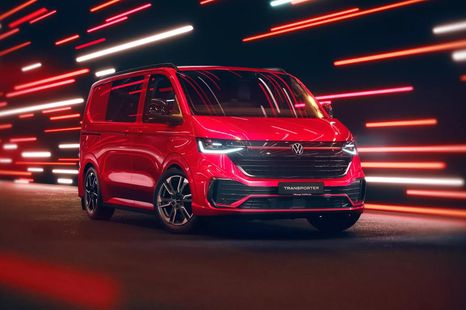

Derek Fung
6 Hours Ago
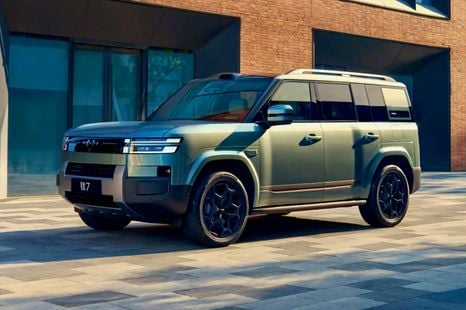

Ben Zachariah
13 Hours Ago
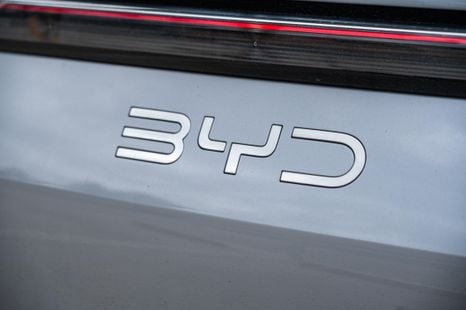

Ben Zachariah
13 Hours Ago
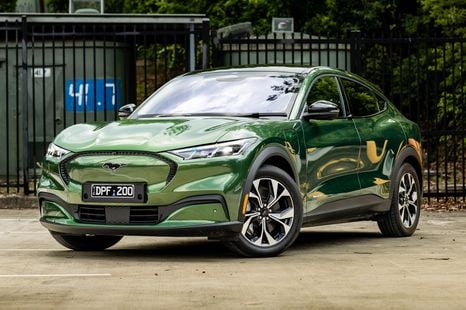

Matt Campbell
13 Hours Ago